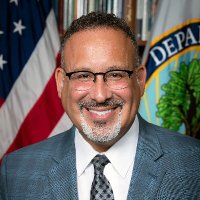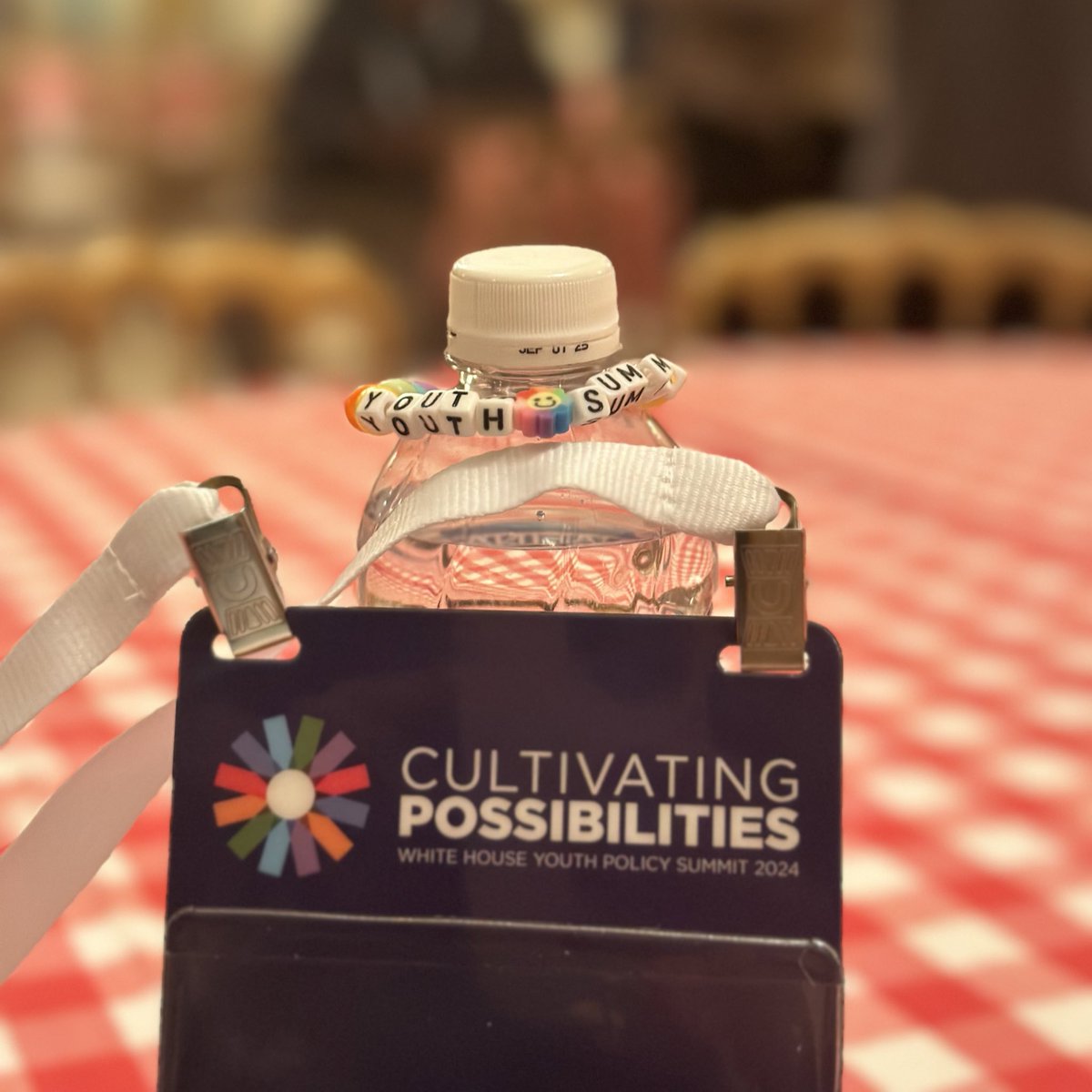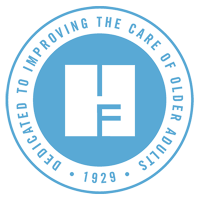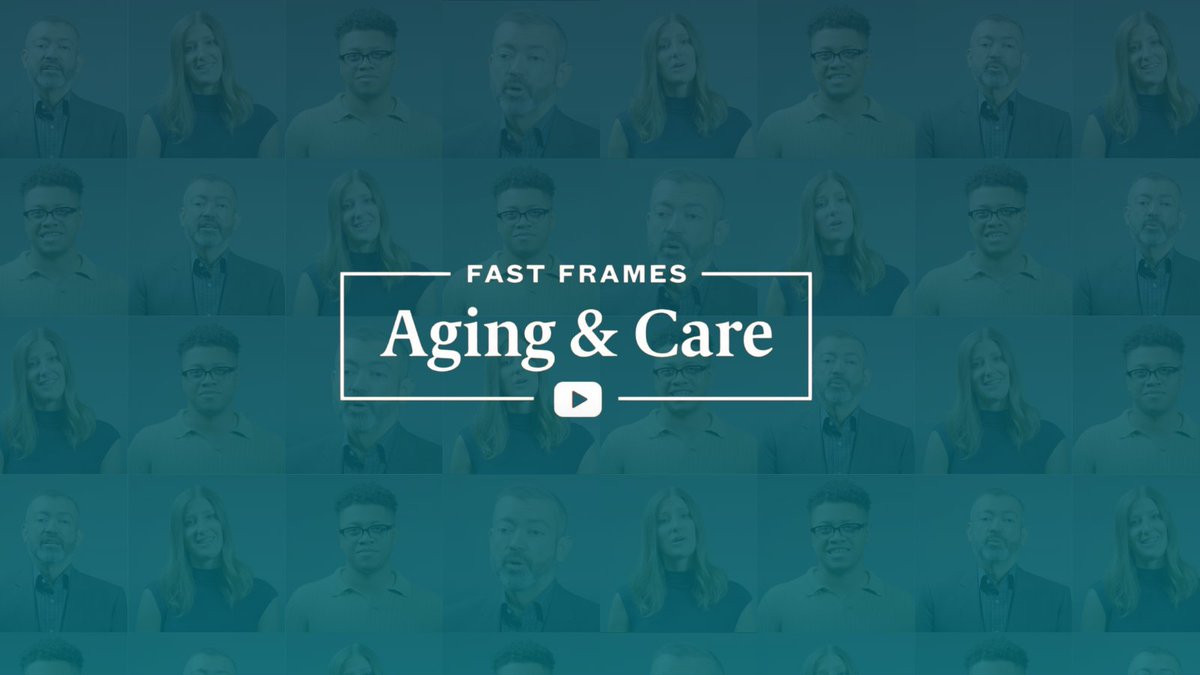
Nat Kendall-Taylor
@natkendallt
Psychological anthropologist studying how culture influences the way we think. CEO @FrameWorksInst. In for travel, food & wine. Views my own.
ID:1895608182
https://linktr.ee/natkendallt 23-09-2013 00:49:35
2,2K Tweets
2,9K Followers
1,3K Following

Beyond great to see this take off. Hoping I can make one of these and would encourage you all to get involved in this important, powerful, and exciting work.
#HearthSummits
wellbeing-project.org/the-wellbeing-…

Discover the power of #storytelling as a tool for #IntergenerationalTrauma healing with Eleanor Burton, en.v Training and Relationships Manager.
Learn more about en.v's inspiring journey here: wellbeing-project.org/strengthening-…

This is a truly important piece of work/thinking and highly recommend it to others.
How recognizing trauma in ourselves, other people, and the systems around us can open up new pathways to solving social problems
buff.ly/49dCNSi Collective Change Lab The Wellbeing Project


'The prevailing narrative...treats traumatized people as psychologically abnormal, rather than as having a normal reaction to abnormal circumstances.'
Great from colleagues Collective Change Lab bringing together thinking on #socialchange #science & #narrative . ssir.org/articles/entry…

A good read is THE WATER OF SYSTEMS CHANGE by 'Attempting to foster systems change without building the capacity to “see” systems leads to a lot of talk and very little results.' Focus on the mental models Nat Kendall-Taylor FrameWorks Institute bit.ly/3UArM9k





When young people use their voice, we need to listen.
That’s why today we’re hosting the #WHYouthSummit24 to listen to young people from all over the nation.
Tune in ⬇️
…ouseyouthpolicysummit2024.veslive.com


Together we can build a world where health is not a privilege, but a right.
This is the belief that guides Robert Wood Johnson Foundation as we make changes to our work to center dismantling the root cause of inequity in America: Structural racism. 1/🧵rwjf.ws/3SDF2IO

'This exhibition is timely, because this year the govt are planning to legislate to criminalise people who are homeless.'
Crisis CEO Matt Downie adds that 'instead of punishing people, what we need to see are those causes dealt with'.
trib.al/Rx0iR33
📺 Sky 501

This just released today by the Early Childhood Scientific Council on Equity and the Environment. So much good science in here...and discussion of concrete solutions.
#ClimateAction #earlydevelopment
HarvardCenter
developingchild.harvard.edu/heat-paper/

Just one of the findings from this CSCCE at UC Berkeley report:
Job demands take a toll on early educators’ emotional well-being: two thirds report high levels of stress. In addition, one third experience significant depressive symptoms.
Read the report: cscce.berkeley.edu/publications/r…



WATCH | Aging and Care is a new video series from FrameWorks Institute and JAHF offering evidence-based framing strategies to support your communications about nursing homes, care, #ageism and more.
Watch: bit.ly/3Tclk7E
LeadingAge AHCA/NCAL Jewish Healthcare Foundation AMDA - The Society for PALTC Medicine Michigan Health Endowment Fund




